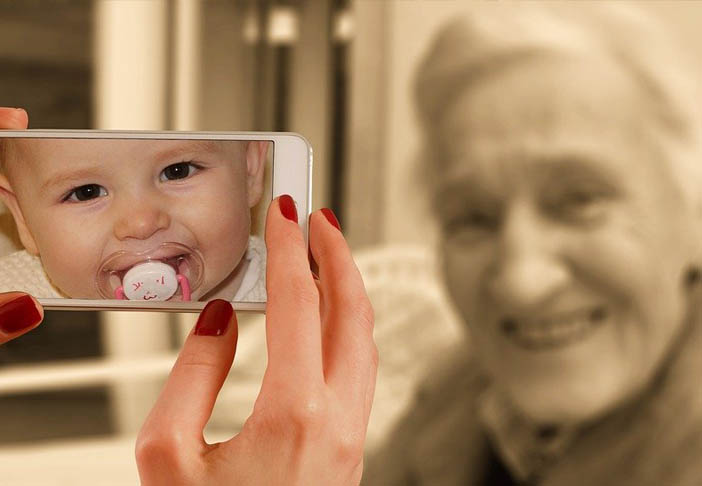Breaking the life barrier
Interest in longevity and life extension is growing rapidly. Perhaps, the pandemic is providing even more people with the time and motivation to research how to live longer. However, the interest has risen as research has deepened our understanding of how to achieve longer life.
What's Changing
A recent study of humans and about 30 other primate species led by researchers at the University of Southern Denmark indicates that as life expectancy increases, so too does lifespan equality. In other words, as more people survive their younger years, the more people die around the same age in later years. The research suggests that aging in humans and other primates is set at a fixed rate with little chance of changing it. It may also suggest that society ages together, and extending the lifespans of individuals may require an effort at the societal level.
Another study from researchers in Singapore looked at the complete blood count of patients in the USA and UK. With statistical modelling, they showed how the human body loses resilience to disease as the body grows older. By their estimate, complete loss of resiliency should happen from ages 120 to 150 years. Theoretically, some people may be capable of living to 150 presumably by living the right lifestyle to survive at that age.
While medical and health science have made great advances to improve our treatments of diseases for life extension, the real question is less about living longer and more about living better. Geroscience, the study of aging, has been switching the focus of medical research from curing diseases to preventing aging in order to increase our healthspan, not just our lifespan.
One recent study has looked at the microbiome of centenarians. The results suggest that therapeutics could be developed based on the unique microbiome of these long living individuals. Such therapeutics could help everyone live longer and healthier.
Apart from taking more drugs, how do we live longer, healthier lives? First, it is important to start with a positive attitude to aging. Otherwise, a study from Oregon State University suggests that people fail to adopt healthy habits and end up dying of typical age-related diseases. To that end, Humanity is the name of a new app that helps users monitor their health and advises them on ways to live healthier in order to halt or reverse aging.
Implications
Public organizations will need to stay abreast of life expectancies to decide how best to care for those living beyond current expectations. Policies surrounding retirement and pensions may need to be reconsidered. So too will funding for health. Should funding continue going to reactively treating diseases, or should funds treat aging holistically with a focus on helping citizens live longer and healthier? How should the underprivileged who continue to die at conventional ages be treated?
Private organizations will also want to keep an eye on the growing demographic of longevity conscious people to anticipate their desires and purchasing power. Organizations will need to consider the ethics of who should be granted treatments. Can life and healthspan extension be benevolently built into business models, or should they only go to the upper-classes capable of affording such treatments? When will human longevity be democratized for a societal-level push to long life?
To better understand the future of longevity, click View Slides to see our AI-generated content. If you want to more fully appreciate the life extension and its many implications, click Request Research for one of our researchers to provide your organization with a more comprehensive product.
|
|
We’re looking to understand the usage of our horizon scanning scanning service and being a registered user, we’d welcome your views and opinions by completing this short survey. By way of appreciation of your time and comments, we’ll be entering all respondents of this survey into a free draw to win 3-months free subscription to Shaping Tomorrow, subscription, which is worth almost $300.
© 2025 Shaping Tomorrow Ltd.
Contact Us

